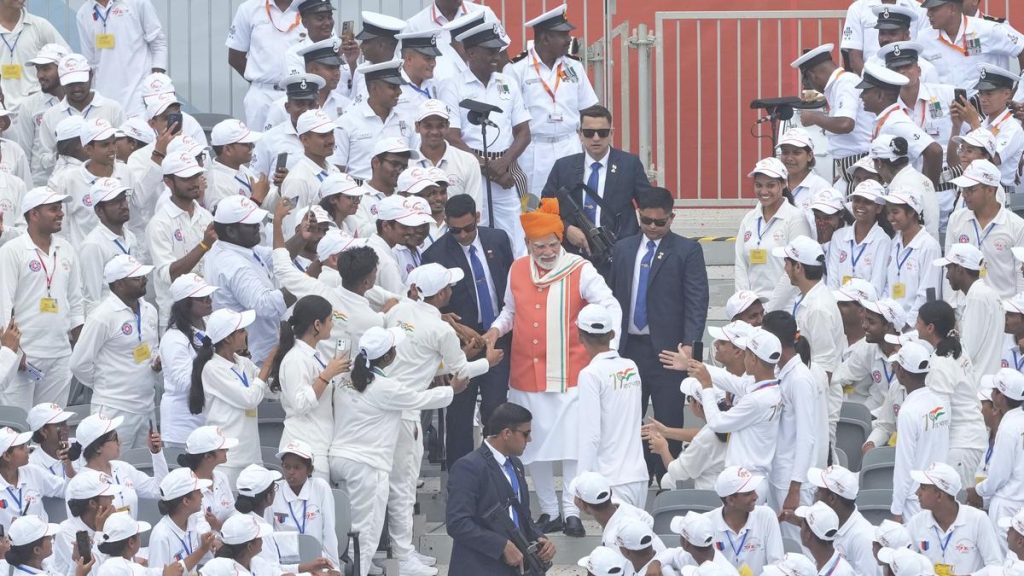Now Reading: Vitamin D Linked to Slower Cell Aging Through DNA Protection
-
01
Vitamin D Linked to Slower Cell Aging Through DNA Protection
Vitamin D Linked to Slower Cell Aging Through DNA Protection

Quick Summary
- A new study suggests that vitamin D supplements might slow cellular aging by reducing the loss of telomeres, DNA sequences capping chromosomes that shrink with age.
- The findings stem from the analysis of data from a large 2020 trial called the VITamin D and OmegA-3 TriaL (VITAL), involving nearly 26,000 participants.
- Participants taking daily Vitamin D supplements of 2,000 IU over four years showed slower telomere shortening compared to a placebo group. Fish oil had no similar effect.
- Researchers measured an average telomere length reduction slowed by about 140 base pairs in those who took Vitamin D.
- Experts caution that health implications are unclear, as differences in telomere length observed fall within normal human variation limits and may not translate clinically to youthfulness or slower aging effects.
- The study used qPCR for measuring telomeres-a method criticized for reproducibility issues-and results mostly feature white participants, requiring further validation in diverse populations.
- High levels of Vitamin D have also been linked with shorter telomeres according to other studies; moderation is emphasized for supplementation recommendations.
Read More: Scientific American
Indian opinion Analysis
The findings regarding Vitamin D supplementation and its potential impact on cellular aging carry mixed implications for India. given that India’s population faces widespread vitamin D deficiency due to dietary habits and limited sun exposure among urban dwellers, such research may provide a basis for addressing deficiency as part of public health initiatives. Though,it remains essential to approach these results cautiously as the clinical importance around slowed aging remains uncertain.
India should consider emphasizing moderate supplementation strategies targeted at high-risk groups as suggested by researchers instead of global recommendations or mass vitamin screening efforts.Policymakers might also use these revelations to boost awareness about targeted interventions benefiting older adults or peopel with specific conditions like diabetes or autoimmune diseases commonly influenced by lifestyle factors prevalent in India.
Validation trials in more diverse demographic samples would strengthen applicability across India’s heterogeneous population before implementing any large-scale programs. Moreover, given ongoing challenges surrounding nutrition education and medical access across rural areas, adding informed guidance about recommended dosage could mitigate risks posed by excess intake noted elsewhere.
This study underscores how scientific evidence can refine approaches toward proliferating long-term well-being through cost-efficient preventive measures suitable to India’s socioeconomic landscape without overstretching healthcare systems already facing infrastructural limitations.

























